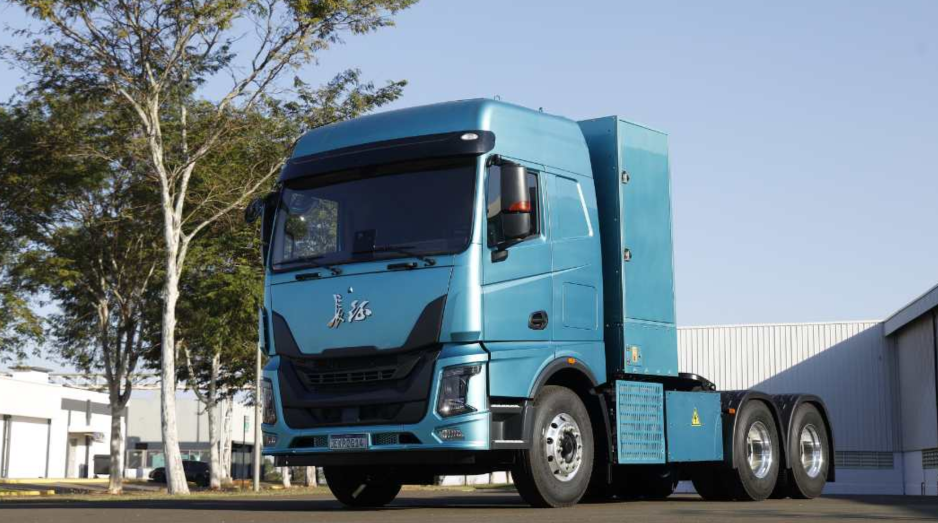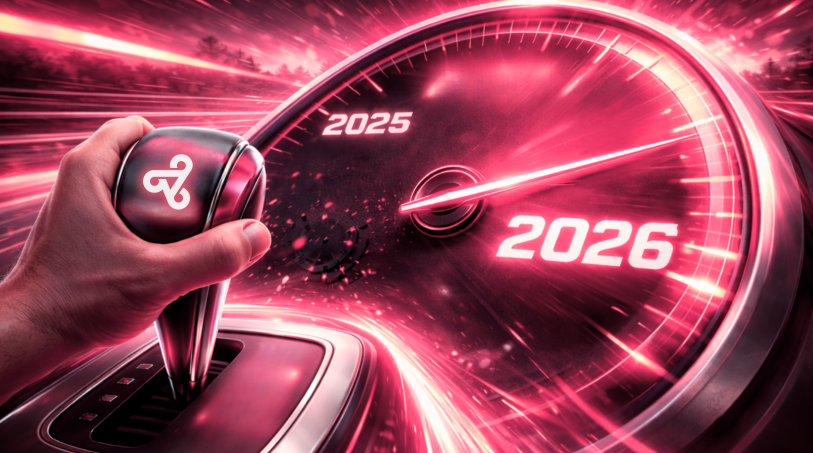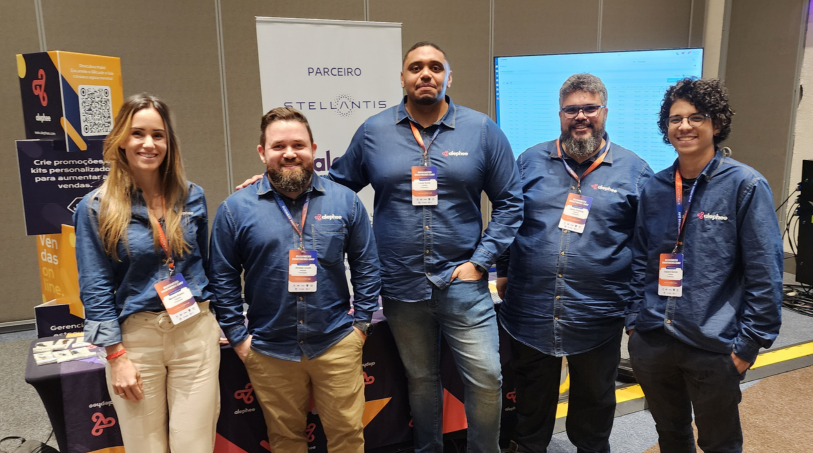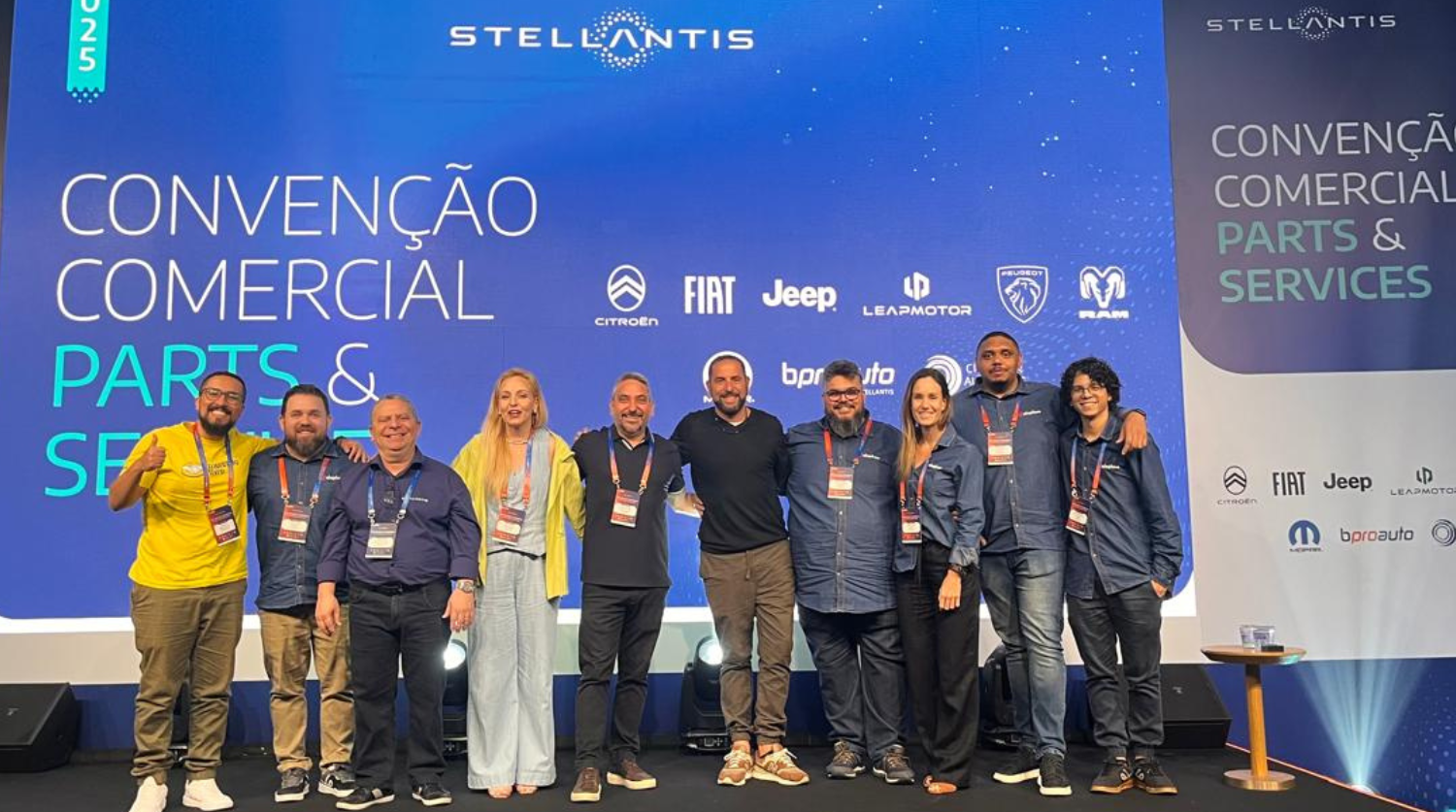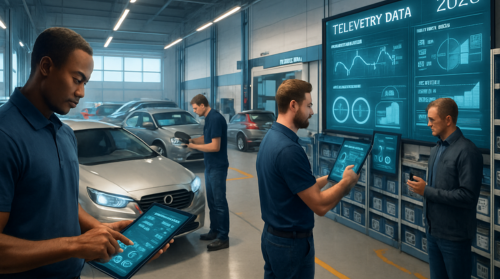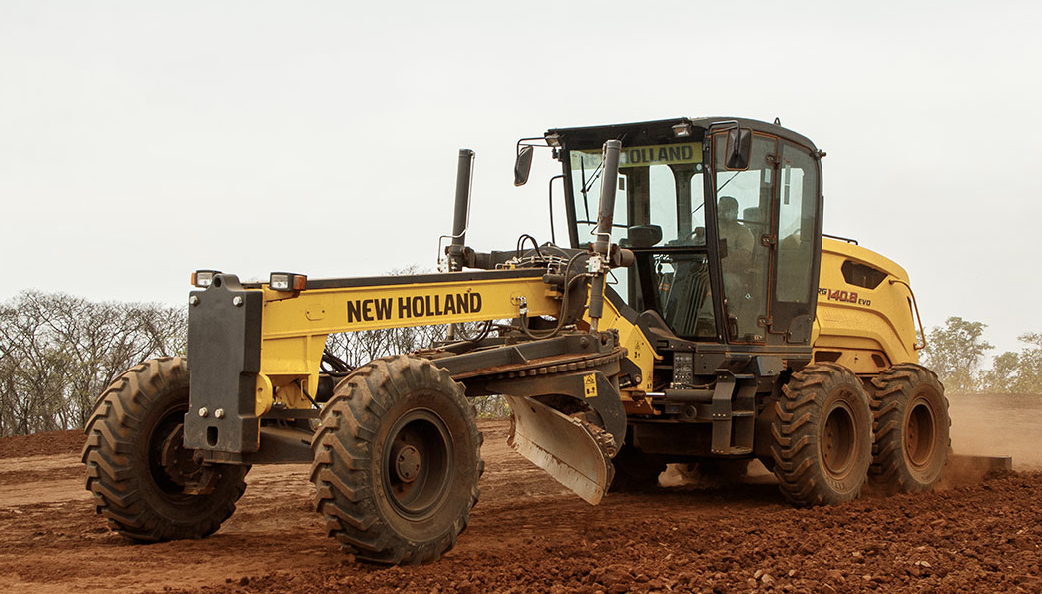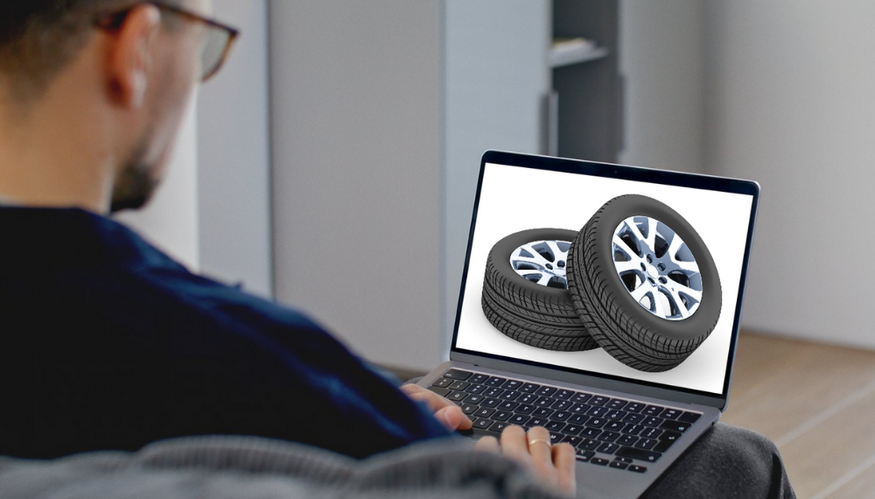A milestone for heavy transport in Brazil
The first hydrogen-powered truck from GWM is already on Brazilian soil. The 49-ton model will be evaluated with the support of USP and the Federal University of Itajubá (Unifei), institutions that currently have the only hydrogen refueling stations in the country. Tests on highways are expected to begin in the second half of the year, under different load and route conditions.
The vehicle uses a fuel cell capable of generating electricity from the reaction between hydrogen and oxygen, emitting only water vapor. In addition to sustainability, the truck offers operational advantages: the estimated range is around 500 km, and refueling takes only 15 minutes, a time similar to diesel and much shorter than the up to eight hours required by battery-electric models.
Opportunities for brands and manufacturers
The arrival of this technology opens space for a new market of specialized components and services. The fuel cell system requires parts different from those found in traditional trucks, from specific valves and pumps to electronic control systems. For manufacturers and distributors, this represents a concrete opportunity to expand their portfolios and position themselves in a rapidly transforming sector.
Another key point is the digitalization of after-sales services. Given the complexity of the new technology, digital catalogs, automatic stock updates, and integration between service channels become essential. Platforms that enable quick and accurate identification of compatible parts will be a competitive advantage.
In addition, GWM has already signed cooperation agreements with state governments and universities, creating a support network for refueling and maintaining green hydrogen produced from ethanol. This opens the door for strategic partnerships among manufacturers, distributors, and even clean energy startups.
The direct impact on the end consumer
For consumers whether workshops, transport companies, or clients who depend on faster deliverie, the benefits are clear. The technology promises to reduce long-term operational costs through lower fuel expenses and more structured preventive maintenance.
The replacement of parts and specialized services also tends to become faster and more organized, as process digitalization will enable real-time queries, correct part recommendations, and even online purchases integrated with distributor inventories.
In practice, this means that workshops will have quicker access to technical information, transport companies will be able to plan refueling routes with greater accuracy, and the end consumer will receive a more efficient, connected, and sustainable service.
An industry in transformation
Despite challenges such as limited refueling infrastructure and high initial costs, the introduction of the hydrogen truck represents an irreversible move toward a cleaner and more digital automotive supply chain.
For distributors and manufacturers, now is the time to invest in technical training, innovation in parts, and process digitalization. For consumers, it marks the beginning of a new era in heavy transport — where sustainability and convenience go hand in hand.
Visit Alephee: the most practical, connected, and traceable way to do e-commerce!

